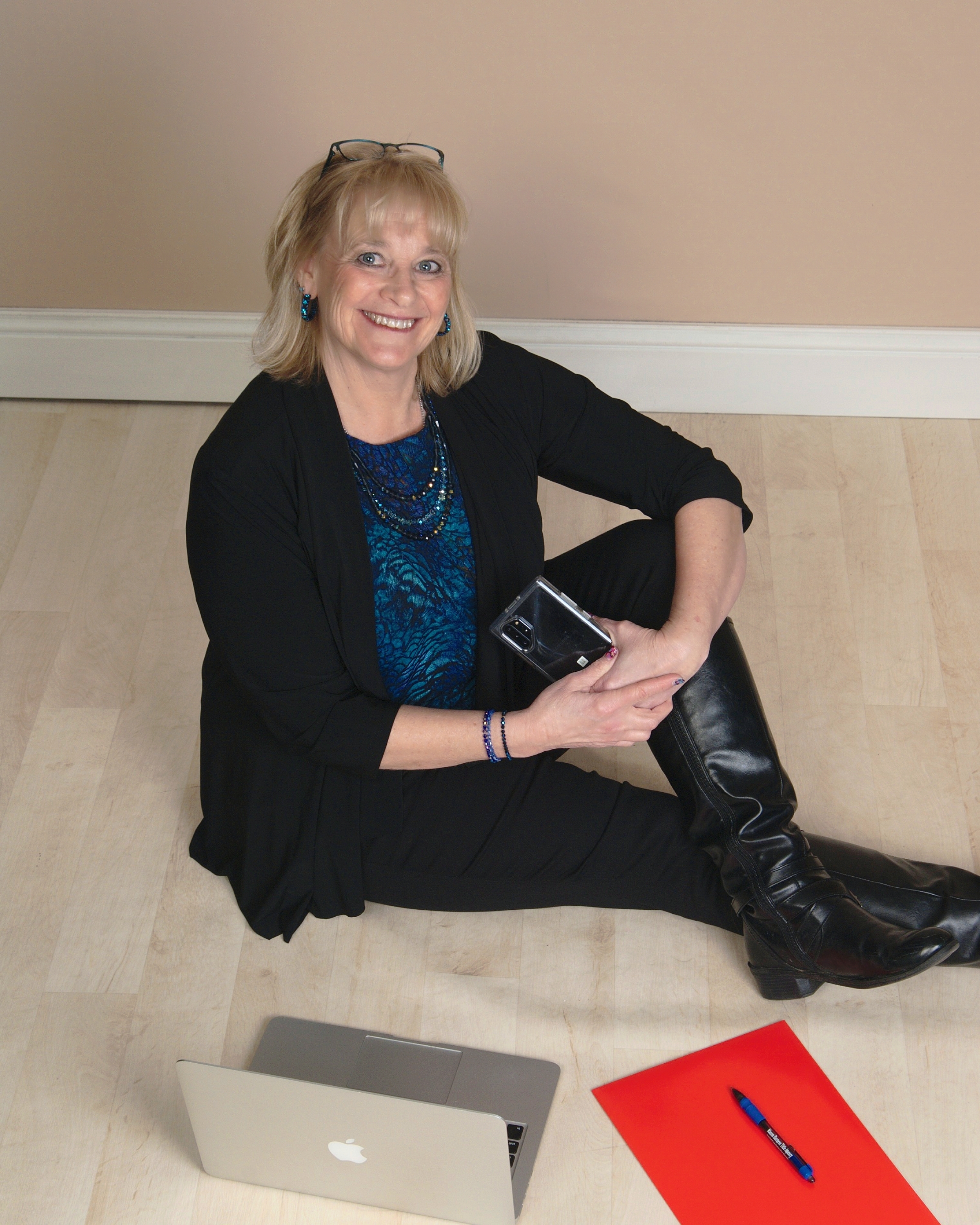Fireplaces: Quick safety tips for using your fireplace

Chilly fall and winter nights are a great time to use your fireplace, but it's important to do so safely. Fireplaces can be hazardous regarding house fires, burns, carbon monoxide leaks and other dangers. Before using your fireplace, make sure you're familiar with the following safety tips.
Schedule a cleaning and inspection
Your fireplace should be cleaned and inspected every year to ensure it's in good condition and safe to use. Wood-burning fireplaces need to be cleaned to remove soot and creosote buildup, which can cause house fires. Gas and electric fireplaces should also be inspected each year to identify potential safety issues and have them repaired before using them. All fireplaces should be checked for nests or other obstructions in chimneys.
Remove flammable items from the area
Flammable items can quickly catch fire when they're close to fireplaces, such as when sparks or ashes fly out. Keep any flammable material or items away from your fireplace before you use it.
Use safe wood sources
When you have a wood-burning fireplace, use smaller, dry and well-aged pieces of wood. Damp or green wood produces more smoke and can cause soot to accumulate inside your chimney. Smaller pieces of well-aged, dry wood don't produce as much smoke, resulting in a safer and cleaner burn.
Use a flame-resistant fireplace screen
A mesh screen or curtain helps keep ashes from flying out of your fireplace and onto carpeting, furniture and other surfaces. These screens also help reduce the risk of burns.
Never leave fireplaces unattended
Avoid leaving your fireplace unattended when you have a fire going. Stay in the room as much as possible while it's burning, and make sure the fire is fully out before you leave your house or head to bed.
Install carbon monoxide detectors
Wood-burning and gas fireplaces can be a source of carbon monoxide leaks. Carbon monoxide detectors can help you avoid any leaks and ill-effects by alerting you to any issues. You can then move your household outside and have the issue corrected. Avoid going back into your home until there is no trace of carbon monoxide in the air.
About the Author

Michelle Plunkett, Associate Broker
It's simple, really. Help people. Each client is unique. Every situation deserves special attention. Each home, neighborhood and community is a perfect fit for someone. Whether you are part of a grieving family settling an estate, 1st time home buyer, Upsizing, simplifying or find yourself starting a new life chapter, I am eager to understand your needs, provide you with options, guide you along and help you to make insightful, shrewd decisions. What journey do you find yourself embarking on? I would love to share the adventure with you - keeping it exciting, fun and rewarding! I am a FULL TIME Realtor - working my schedule to fit with your lifestyle and adapting to your technological abilities. Together we can make it happen! In appreciation for your business and in keeping with the spirit of thankfulness to the community that has supported me along the way, a portion of each commission is donated to charity.
